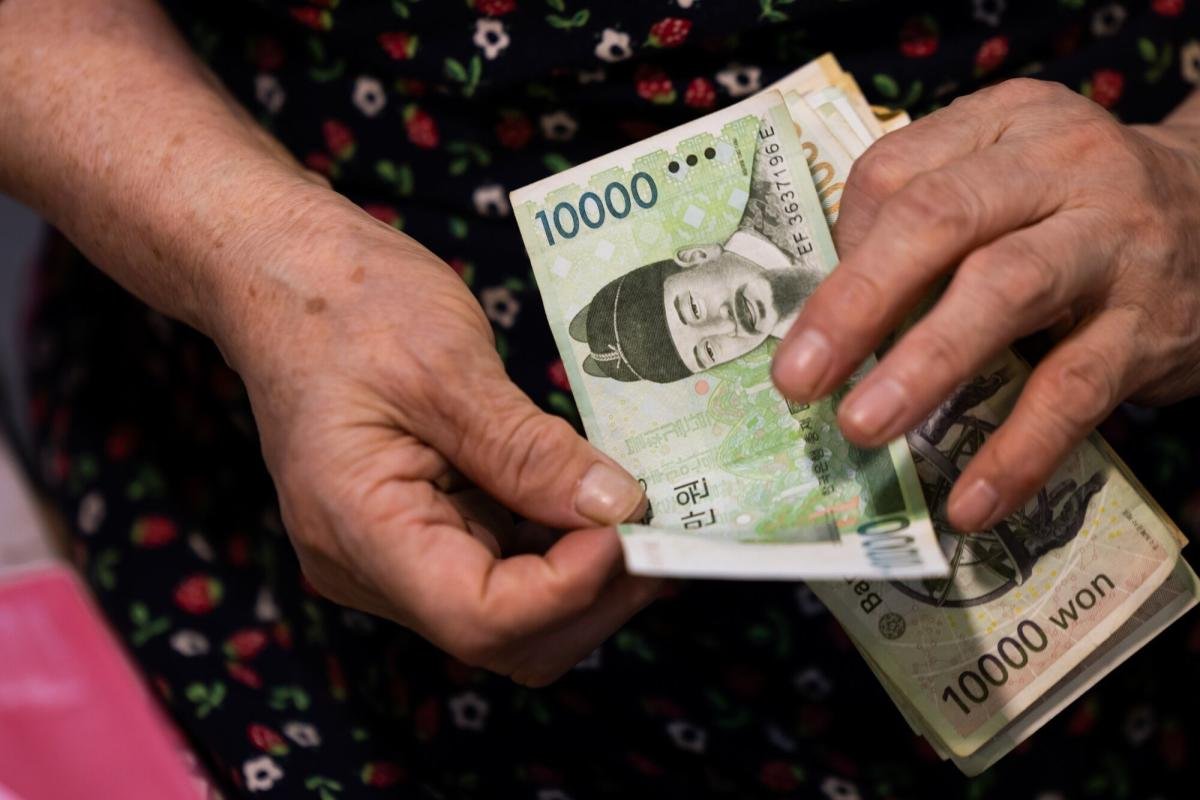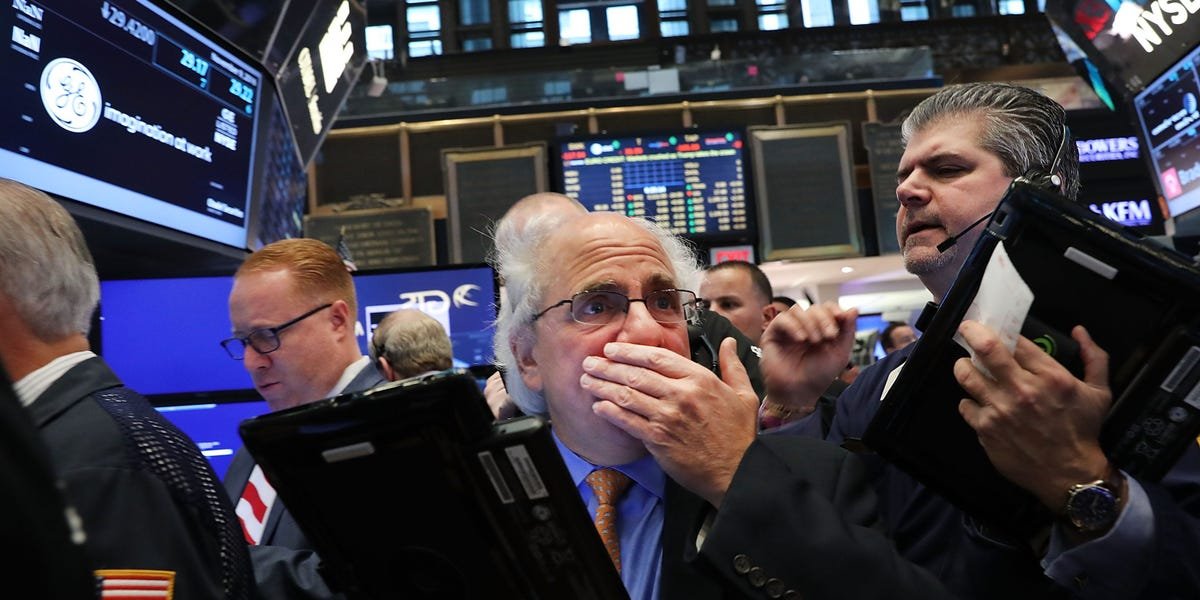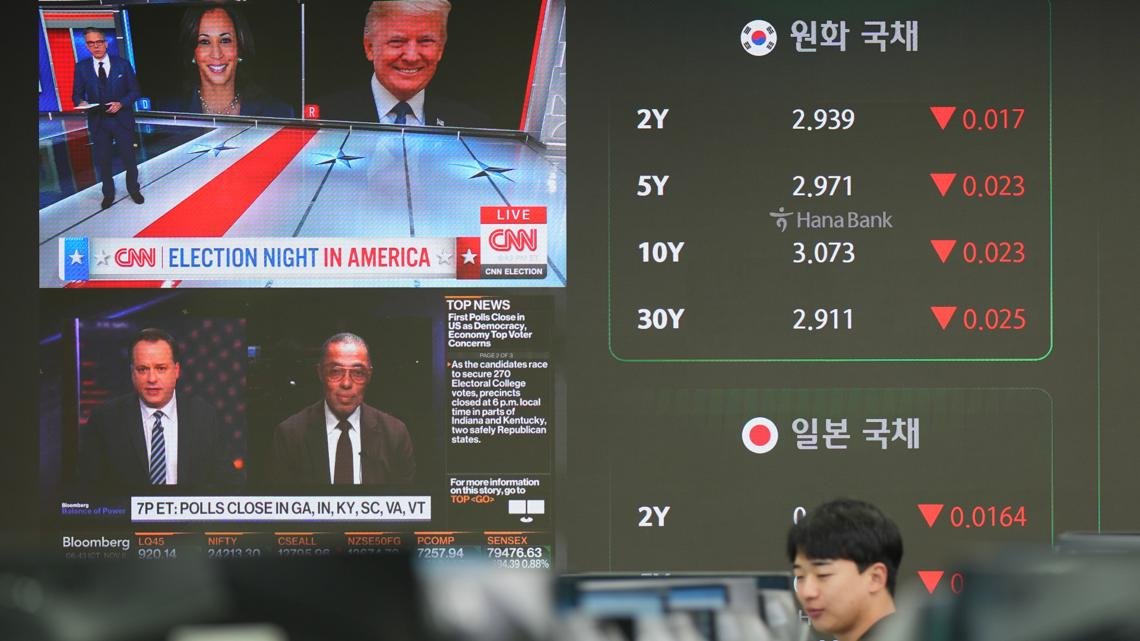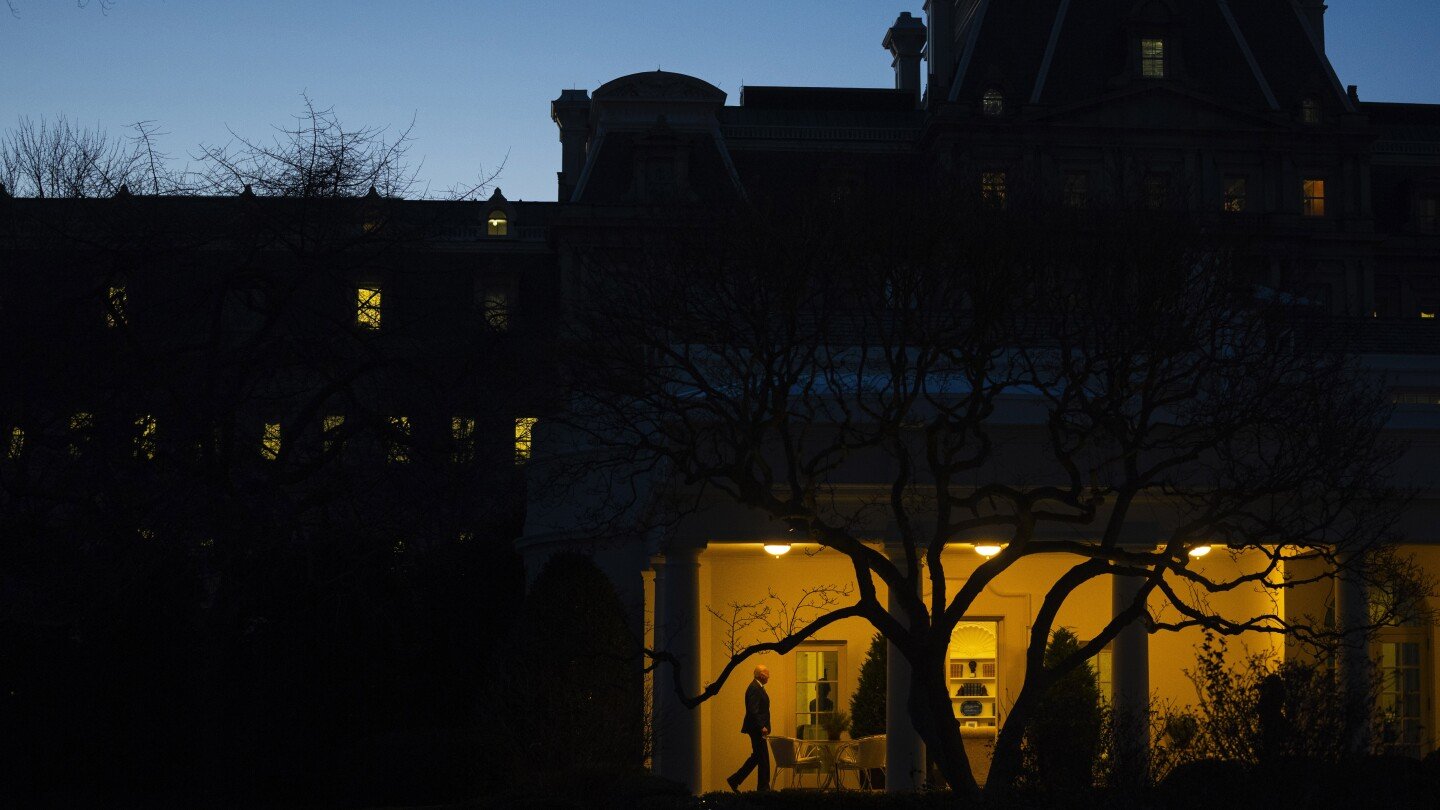(Bloomberg) — South Korean assets tumbled after the country’s president declared martial law amid a deepening rift between the ruling party and its main opposition, a surprise move that sparked investor concern over political instability and the potential for unrest.
Most Read from Bloomberg
-
As Wars Rage, Cities Face a Dark New Era of Urban Destruction
-
Riyadh Metro Partially Opens in Bid to Ease City’s Traffic Jams
The iShares MSCI South Korea ETF sank as much as 7.1% in US trading as of 11 a.m. New York time, its worst intraday drop since Aug. 5, while London-listed shares of Samsung Electronics lost as much as 7.5%. The onshore Korean won weakened as much as 2.9% to 1444.65 per dollar, leading losses among currency markets amid thin trading during the New York session.
Korean shares and the won regained some lost ground after South Korean authorities vowed to provide “unlimited liquidity” to markets as needed, and lawmakers voted to request lifting the shock measure.
President Yoon Suk Yeol said the surprise decision — the first imposition of martial law in South Korea in more than 40 years — was made to protect freedom and constitutional order, and that it will not have an impact on South Korea’s foreign policy. He added that it would also help remove supporters of North Korea.
“The domestic uncertainty adds to the external pressures in recent weeks as the market is starting to price in the rise of higher US tariffs under the new Trump administration,” said Aroop Chatterjee, a strategist at Wells Fargo in New York.
Other South Korean ADRs also declined. E-commerce company Coupang Inc. fell as much as 9.8% in US trading, alongside losses in steel processor Posco Holdings Inc. and KB Financial Group Inc. The Korea Exchange, the nation’s main stock bourse, said Wednesday trading is under review.
The onshore won pared some of its losses to trade at 1,421.85 per dollar as of 11:25 a.m. in New York. Still the currency remains the worst performer in Asia this year, weakening by more than 9%.
“Martial law feels like a bit of overkill,” said Mark McCormick, global head of FX and EM strategy at TD Securities in Toronto. “Seems like the goal is deflection, reflecting low approval ratings and a fair amount of scandals. Policymakers like to keep a grip on KRW, so I would expect some of the volatility to settle down after today’s big move.”
Tuesday’s is the first overnight shock for the won, which began trading extended hours in July amid authorities’ broad push to get its stocks and bonds included in more global indexes. Previously, trading in the currency was halted at 3:30 p.m. local time.

















